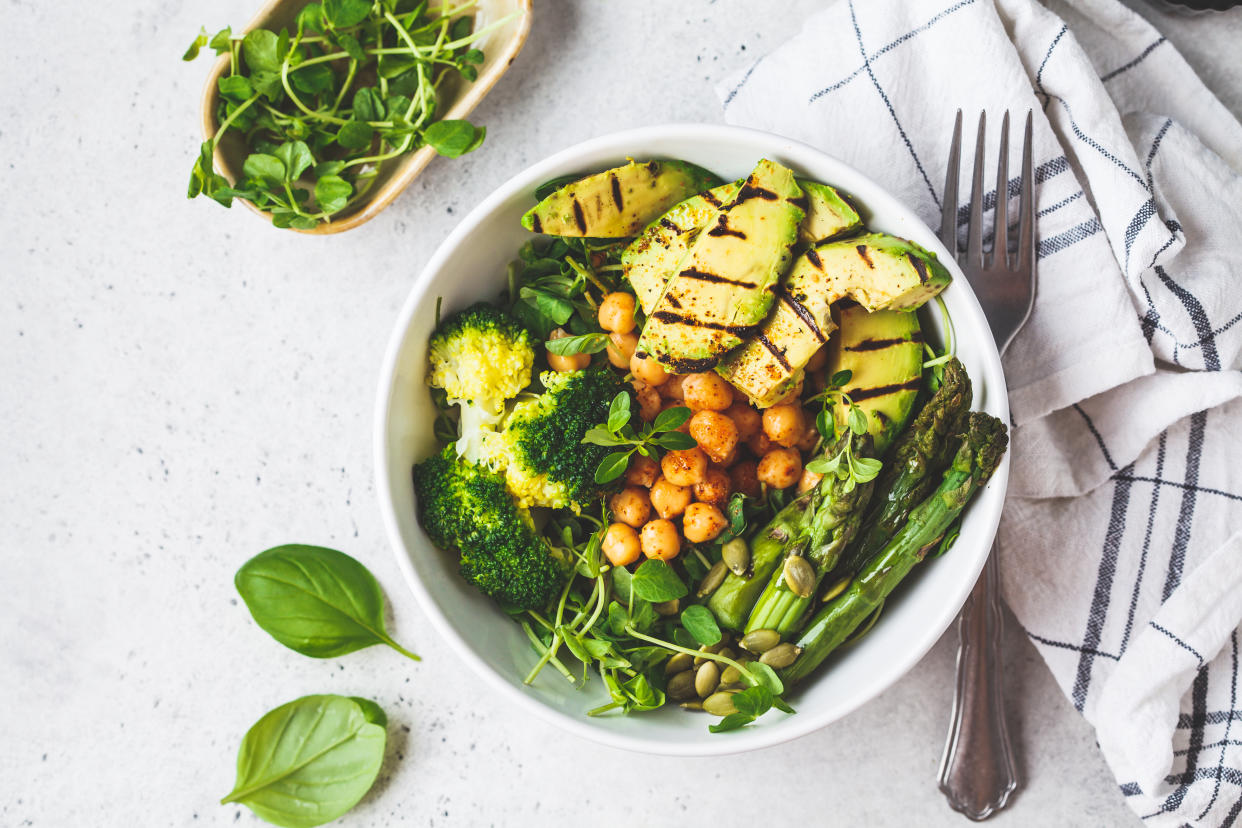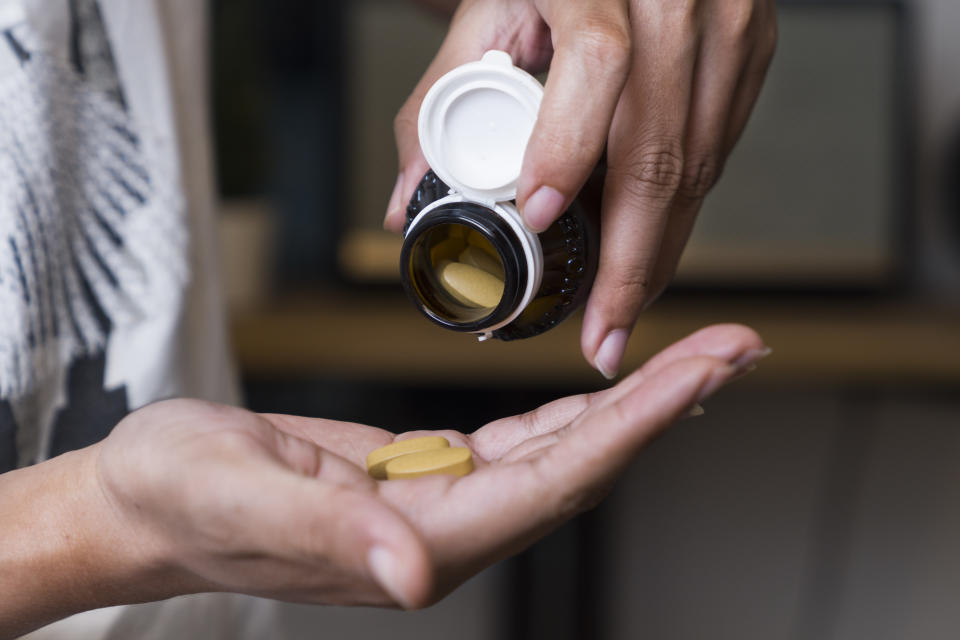Third of vegans have severe iodine deficiency, study suggests

One third of vegans may have dangerously low iodine levels, research suggests.
Few diets have prompted as much debate as cutting out meat and dairy, with some studies suggesting going plant-based significantly reduces a person’s risk of heart disease, diabetes and even cancer, while others flag vegans may be low in protein, calcium and iron.
To better understand the nutrient intake of different eating habits, scientists from the Federal Institute for Risk Assessment (BfR) in Berlin analysed 36 vegans and 36 other adults with a more varied diet.
Perhaps surprisingly, the vegans and meat eaters had comparable B12 levels – a nutrient that keeps the nervous system healthy and can be lacking in a plant-based diet without supplementation.
Read more: B12 deficiency 'not a myth'
The scientists found, however, iodine was “markedly lower” among the vegans, with a third having levels below the World Health Organization’s (WHO) threshold for “severe deficiency”.
Iodine is required for thyroid hormone production, which regulates metabolism, as well as bone and brain development during pregnancy.

The number of vegans in Great Britain quadrupled between 2014 and 2019, with around 600,000 people being exclusively plant-based.
People who cut out meat, fish, dairy and eggs are often encouraged to take a B12 supplement, with one expert previously warning around one in five (20%) vegans are seriously deficient in the nutrient.
The body “silently copes” with insufficient B12 levels for years, before irreversible nerve damage strikes.
Read more: Vegan diet may make hangovers worse
The BfR scientists found, however, iodine may be a similar cause for concern.
The team analysed the dietary intake and nutrient levels of people aged 30 to 60 who took part in The Risks and Benefits of a Vegan Diet study. The vegan participants had eaten a plant-based diet for between one and 20 years.
Watch: UK’s first vegan butchers launches
Nearly all of the vegans and one third of the meat eaters had taken supplements in the past four weeks.
Results revealed “bad” cholesterol levels were significantly lower in the vegans.
They also had higher amounts of folate – a B vitamin that is essential for healthy cells, and vitamin K1 – which is involved in blood clotting.
Read more: Vegan fast food can be four times higher in sugar
The meat eaters scored better, however, when it came to vitamin A, which supports the immune system and vision.
They also had higher levels of the B vitamins riboflavin – which keeps the nervous system healthy and releases energy from food, and nicotinamide – which has anti-inflammatory properties.
A more varied diet was also linked to significantly higher levels of zinc, calcium and iodine.
Among one-third of the vegans, “iodine excretion was lower than the WHO threshold value for severe iodine deficiency,” the scientists wrote in the German medical magazine Deutsches Aerzteblatt Online.
“Only five vegans supplemented iodine.
“The results of our study suggest it is challenging to ensure adequate iodine intake in vegans as there seems to be a lack of awareness of this potential deficiency.”
Iodine was also low among the meat eaters, albeit less markedly.
B12 levels did not vary significantly between the two groups, which the scientists put down to a sufficient supplement intake among the vegans.
The vitamin is predominantly found in animal sources. As well as supplements, vegans can up their consumption via fortified foods.
“This study makes it possible to compare a vegan diet with a mixed diet with regard to a variety of vitamins and trace elements,” said author Professor Andreas Hensel.
“Both diets investigated revealed a lack of iodine, however, the shortage is clearly more distinct in the vegan variant.”
Watch: Vegan woman upsets boyfriend with ‘unreasonable’ cooking rules


